In a transformative moment for the global music industry, Bain, a member of the South Korean boy group Just B, has etched his name into the annals of K-pop history. At just 24 years old, Bain became the first active male idol in a K-pop boy group to publicly come out as gay, a courageous act that unfolded during a electrifying performance in Los Angeles. This milestone, marked by raw emotion and unapologetic authenticity, has not only reshaped Bain’s personal journey but also ignited a broader conversation about identity, acceptance, and the evolving landscape of South Korean entertainment.
A Moment of Liberation on the Global Stage
During Just B’s U.S. tour stop in Los Angeles, Bain stood before a vibrant crowd at the Vermont in Hollywood, his blue hair catching the stage lights and his long fur coat exuding confidence. The setlist included a solo performance of Lady Gaga’s empowering anthem “Born This Way,” a song that has long served as a beacon for self-acceptance and individuality. As the opening chords filled the venue, Bain felt an undeniable pull—a moment of clarity that would alter the course of his career and personal life. “I had a solo performance during this U.S. tour [to] Lady Gaga’s ‘Born This Way,’ and in a way, I didn’t actually mean to come out,” Bain shared in an exclusive interview with The Hollywood Reporter via Zoom from Seoul. “I feel like I’d lose my chance if I didn’t take it now, so it almost felt like a sign from above. I just took the chance when I had it.”
Before launching into the song, Bain paused to address the audience, his voice steady yet brimming with emotion. “I’m fucking proud to be a part of the LGBTQ+ [community] — as a gay person,” he declared, his words met with an eruption of cheers from the crowd. Clad in sunglasses and his signature fur coat, Bain paid homage to Lady Gaga, thanking her for teaching him that “being different is beautiful.” He dedicated the performance to “anyone out there who’s part of the LGBTQ+ [community] or still figuring it out,” affirming, “You are seen, you are loved, and you were ‘Born This Way.’” This spontaneous yet profoundly impactful moment was not just a personal revelation but a historic first for K-pop, a genre known for its polished performances and carefully curated public images.
The Weight of Spontaneity
Bain’s decision to come out was not premeditated in the traditional sense. While he had privately shared his identity with his fellow Just B members and his label, Bluedot Entertainment, two years prior, the public declaration was an impromptu act of courage. The choice to speak out during his performance of “Born This Way” was driven by a visceral need to seize the moment. “Finally, I can talk about this,” Bain told The Hollywood Reporter, his relief palpable even through a digital screen. This spontaneity underscores the authenticity of his announcement, reflecting a desire to live truthfully in a moment when the energy of the crowd and the resonance of Gaga’s lyrics aligned perfectly.
The decision carried immense weight, given the cultural context of South Korea, where public discussions of sexuality, particularly within the entertainment industry, remain rare. Bain’s act was akin to a seismic shift, challenging the norms of an industry that often prioritizes conformity over individuality. His declaration was not just a personal milestone but a cultural one, drawing parallels to pivotal moments in Western entertainment, such as Ellen DeGeneres’ coming out on her sitcom in 1997, which marked a turning point for LGBTQ+ visibility in American media.
K-Pop and the Cultural Context of South Korea
To fully appreciate the significance of Bain’s coming out, one must understand the unique cultural and historical backdrop of K-pop and South Korean society. K-pop, short for Korean pop music, has evolved from a niche genre in the 1990s to a global cultural juggernaut, with groups like BTS, BLACKPINK, and EXO commanding millions of fans worldwide. The industry is characterized by its meticulously crafted idol system, where young artists undergo years of rigorous training in singing, dancing, and public persona development before debuting. Idols are often expected to embody an idealized image, adhering to strict standards of behavior, appearance, and public interaction. This tightly controlled environment leaves little room for personal revelations, particularly those that challenge societal norms.
LGBTQ+ Rights in South Korea: A Slow but Steady Evolution
South Korea’s relationship with LGBTQ+ rights is complex, shaped by a blend of traditional Confucian values, rapid modernization, and increasing global influence. While the country has made strides toward greater inclusivity, such as the Supreme Court’s landmark 2024 ruling recognizing same-sex partners as dependents for national health insurance coverage, societal acceptance of queer identities remains limited. Homosexuality is not criminalized in South Korea, unlike in some other Asian nations, but same-sex marriage is not legally recognized, and public displays of affection by queer couples can still attract scrutiny.
The entertainment industry, including K-pop, has historically mirrored these societal attitudes. While K-pop is known for its vibrant, boundary-pushing aesthetics—male idols often wear makeup, adopt androgynous fashion, or engage in playful “fan service” that hints at homoeroticism—these elements are typically performative and not indicative of open acceptance of queer identities. For an active idol like Bain to come out publicly is a rare and bold act, given the potential risks to his career and public image.
Historical Parallels: Breaking Barriers in Entertainment
Bain’s coming out draws parallels to other trailblazers in global entertainment. In the 1990s, Ellen DeGeneres’ public acknowledgment of her sexuality on her sitcom *Ellen* was a watershed moment for American television, paving the way for greater representation of LGBTQ+ characters and stories. Similarly, Bain’s announcement challenges the K-pop industry to confront its own boundaries around identity and expression. Just as DeGeneres’ coming out sparked both support and backlash, Bain’s revelation has elicited a spectrum of reactions, from fervent fan support to criticism from conservative quarters.
In South Korea, a small but growing number of entertainers have publicly identified as part of the LGBTQ+ community. Notable figures include television personality Hong Seok-cheon, who came out in 2000 and faced significant career setbacks before rebuilding his presence in the industry, and singer Holland, who debuted in 2018 as an openly gay artist. However, Bain’s status as an active member of a prominent boy group sets his announcement apart, given the intense scrutiny and fan expectations that accompany K-pop idols.
The Role of Just B and Bluedot Entertainment
Just B, formed by Bluedot Entertainment in 2021, is a six-member boy group known for its dynamic performances and relatable lyrics. The group has garnered a dedicated fanbase both in South Korea and internationally, with hits like “Damage” and “Re=Member” showcasing their versatility. Bain, known for his charismatic stage presence and vocal prowess, has been a standout member, and his decision to come out was supported by both his fellow members and his agency.
Bain revealed that he had come out privately to his group mates two years prior to his public announcement. “There were certain concerns of public acceptance and how the public might react to this,” he noted, acknowledging the discussions he had with Bluedot Entertainment. However, he emphasized that his label and bandmates ultimately encouraged him to express himself fully. “They really wanted me to fully show and express myself onstage,” he said, highlighting the supportive environment within Just B.
The Dynamics of K-Pop Group Support
The camaraderie within K-pop groups is a cornerstone of the industry, with members often describing their bandmates as family. This bond is forged through years of shared training, living arrangements, and intense schedules. For Bain, the acceptance of his bandmates was a critical factor in his decision to come out publicly. Their support underscores a shifting dynamic within younger generations of K-pop idols, who are increasingly open to challenging traditional norms and advocating for authenticity.
Bluedot Entertainment’s backing is equally significant. In an industry where agencies exert significant control over idols’ public images, Bluedot’s willingness to support Bain’s announcement signals a progressive stance. This aligns with broader trends in K-pop, where some agencies are beginning to embrace more diverse expressions of identity, particularly as the industry seeks to appeal to global audiences with varied cultural values.
The Impact on Fans and the K-Pop Community
Bain’s coming out has resonated deeply with fans, particularly those within the LGBTQ+ community. His performance of “Born This Way” and his heartfelt dedication to queer fans created a powerful moment of visibility and validation. “To anyone out there who’s part of the LGBTQ+ [community] or still figuring it out; this is for you guys,” he told the Los Angeles crowd. “You are seen, you are loved and you were ‘Born This Way.’” These words have become a rallying cry for fans who see Bain as a beacon of hope and representation.
Social media platforms have been abuzz with reactions, ranging from heartfelt messages of support to debates about the implications of Bain’s announcement. “The first few weeks, it was a bit difficult. I saw a good amount of negative comments. I [also] saw some great supportive comments,” Bain shared. Rather than shying away from the discourse, he embraces it, stating, “I wouldn’t say [I’m] blocking [the comments] out, I’m enjoying it. If you want to talk about me, please talk away. Good or bad. I welcome it.” This openness reflects Bain’s resilience and his commitment to sparking meaningful conversations.
A New Chapter for Queer Representation in K-Pop
Bain’s announcement has sparked discussions about the future of queer representation in K-pop. While the industry has historically been cautious about addressing social issues, younger idols and fans are pushing for greater inclusivity. Bain hopes his decision will inspire other queer K-pop artists to embrace their identities, acknowledging that his journey is “actually a new start” rather than an endpoint. “I feel like this new start is also opening my mind, it’s broadening my horizons, if you will,” he said, expressing a newfound sense of freedom and ambition.
The global K-pop fanbase, known for its passionate advocacy, has played a significant role in amplifying Bain’s message. Fan communities on platforms like X have organized campaigns to show support, using hashtags like #ProudOfBain and #BornThisWay to celebrate his courage. These efforts highlight the power of K-pop fandoms to drive cultural change, both within South Korea and internationally.
Bain’s Aspirations and the Road Ahead
Bain’s coming out has not only reshaped his personal narrative but also opened new creative avenues. He envisions a future where he can tell his stories authentically, whether through music or other artistic endeavors. “I would love to play the part of a gay friend in a teen drama,” he shared, expressing interest in acting opportunities in the U.S. He also hinted at potential solo work, where he could explore his experiences and identity more deeply. “I am even considering some solo work where I can honestly tell my stories,” he said, signaling a desire to connect with audiences on a more personal level.
The Influence of Lady Gaga and “Born This Way”
Lady Gaga’s “Born This Way,” released in 2011, has long been an anthem for the LGBTQ+ community, with its message of self-love and acceptance resonating across cultures. For Bain, the song was more than a performance choice—it was a catalyst for his public coming out. By choosing to perform this track, Bain aligned himself with a legacy of artists who have used music to challenge societal norms and advocate for marginalized communities. His tribute to Gaga during the Los Angeles show underscores the interconnectedness of global pop culture, where artists from different backgrounds draw inspiration from one another to push boundaries.
Challenges and Resilience in the Public Eye
While Bain’s announcement has been met with widespread support, it has not been without challenges. The K-pop industry, with its massive online presence, is no stranger to polarized reactions. Bain acknowledged the difficulty of navigating negative comments in the weeks following his announcement. Yet, his approach to criticism is refreshingly defiant. “If you want to talk about me, please talk away. Good or bad. I welcome it,” he said, demonstrating a strength that will likely serve him well as he continues to navigate his career.
The scrutiny faced by K-pop idols is uniquely intense, amplified by the industry’s global reach and the accessibility of social media. Bain’s ability to embrace both praise and criticism reflects a maturity and confidence that set him apart. His willingness to engage with the discourse, rather than retreat from it, positions him as a trailblazer not only for queer representation but also for authenticity in an industry often criticized for its manufactured personas.
The Broader Implications for K-Pop and Global Music
Bain’s coming out is a pivotal moment not only for K-pop but for the global music industry. As K-pop continues to dominate charts and cultural conversations worldwide, artists like Bain are challenging the industry to evolve. His announcement highlights the potential for K-pop to become a platform for social change, addressing issues like identity, diversity, and inclusion that resonate with younger generations.
The global influence of K-pop cannot be overstated. In 2024 alone, K-pop acts generated billions in revenue through music sales, concerts, and merchandise, with groups like BTS and Stray Kids leading the charge. As the industry expands, so too does its responsibility to reflect the diversity of its audience. Bain’s courage could pave the way for more open discussions about identity, encouraging other artists to share their truths and fostering a more inclusive environment for fans and performers alike.
A Beacon for Future Generations
For young queer individuals in South Korea and beyond, Bain’s announcement is a beacon of hope. In a society where traditional values often clash with modern ideals, his visibility as an openly gay idol offers a powerful message of acceptance and resilience. By dedicating his performance to those “still figuring it out,” Bain acknowledges the ongoing journey of self-discovery that many face, particularly in environments where societal pressures can stifle authenticity.
As K-pop continues to bridge cultures and connect fans across the globe, Bain’s story is a reminder of the power of music to transcend boundaries. His decision to come out, rooted in a moment of spontaneity and fueled by a desire to live authentically, has the potential to inspire countless others to embrace their identities and pursue their dreams unapologetically.
Conclusion: A New Era of Authenticity
Bain’s historic coming out marks a turning point for K-pop, challenging the industry to embrace greater diversity and authenticity. His courage, supported by his bandmates and agency, reflects a shifting tide in South Korean entertainment, where younger generations are pushing for change. By aligning himself with the universal message of “Born This Way,” Bain has not only claimed his own freedom but also opened the door for others to do the same.
As he embarks on this new chapter, Bain’s aspirations—whether in music, acting, or storytelling—promise to bring his unique voice to a global stage. His journey is a testament to the power of living truthfully, even in the face of uncertainty. For fans, fellow artists, and the K-pop industry at large, Bain’s announcement is a call to action: to celebrate individuality, to challenge norms, and to create a world where everyone is free to be “Born This Way.”

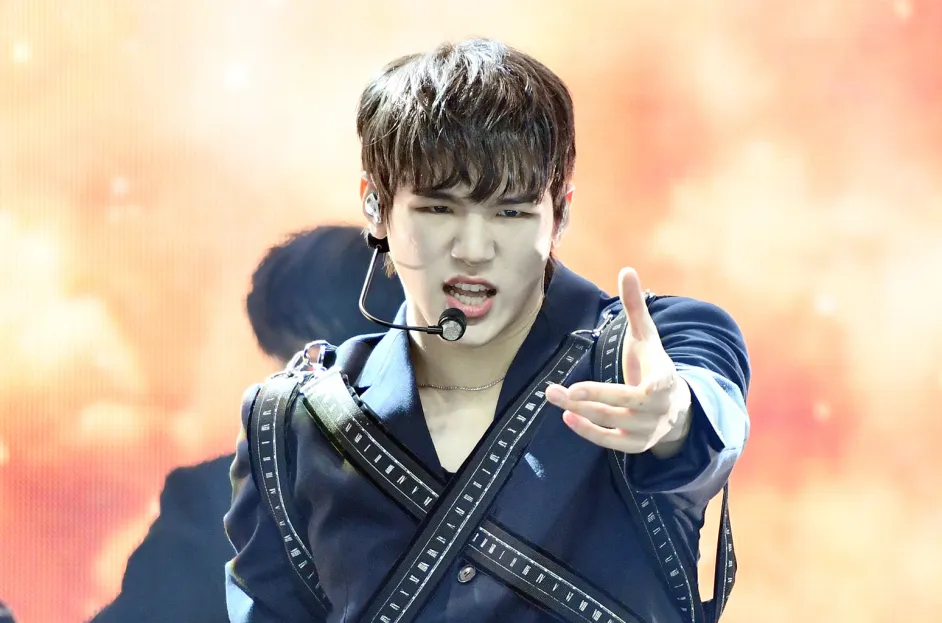







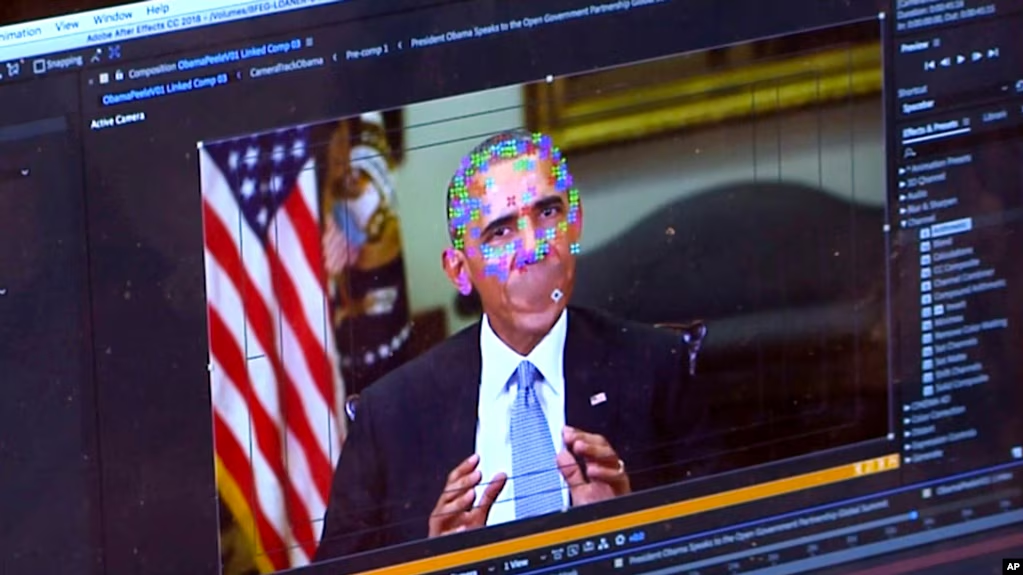

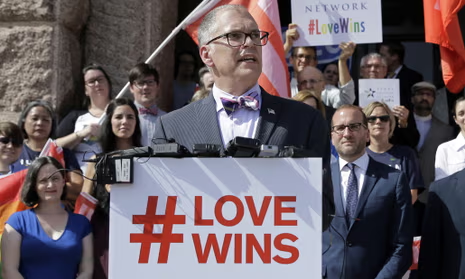
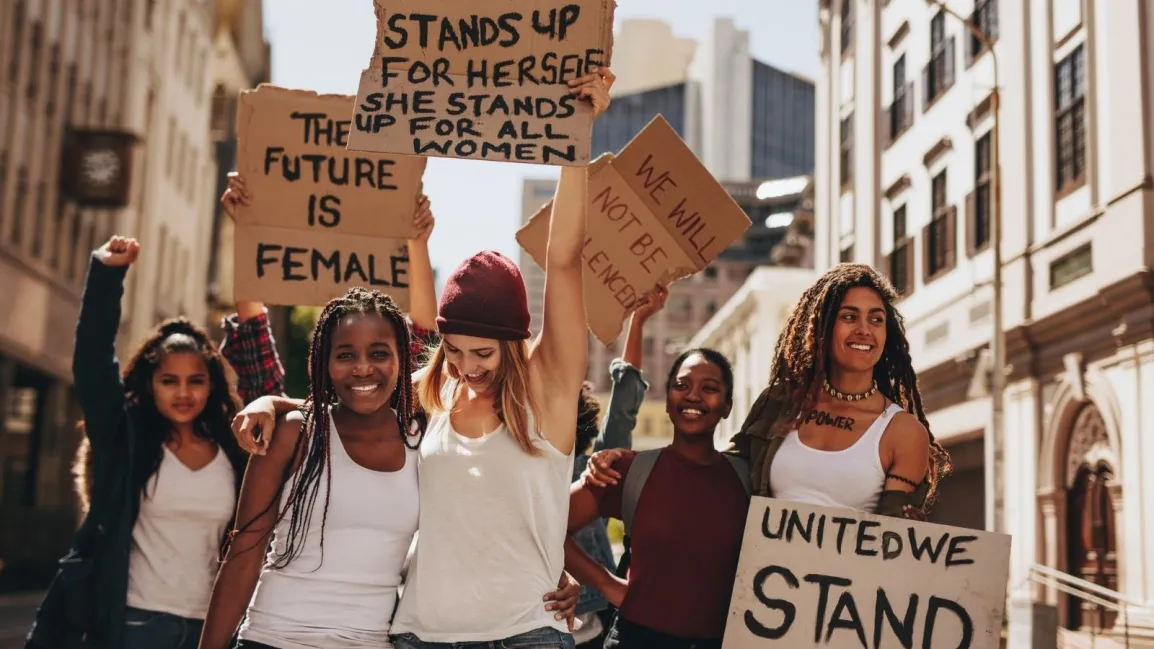

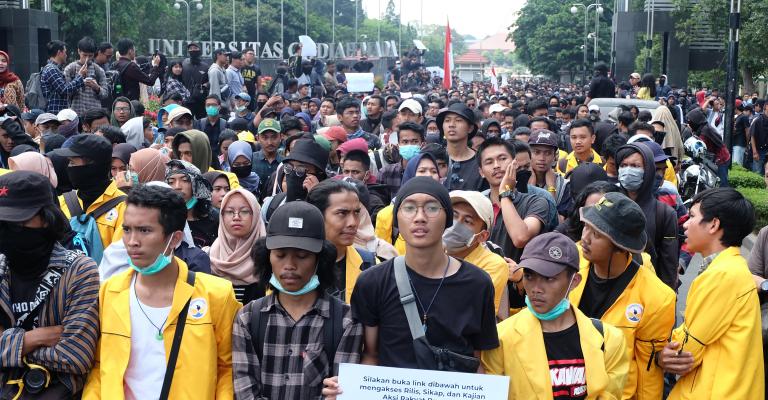
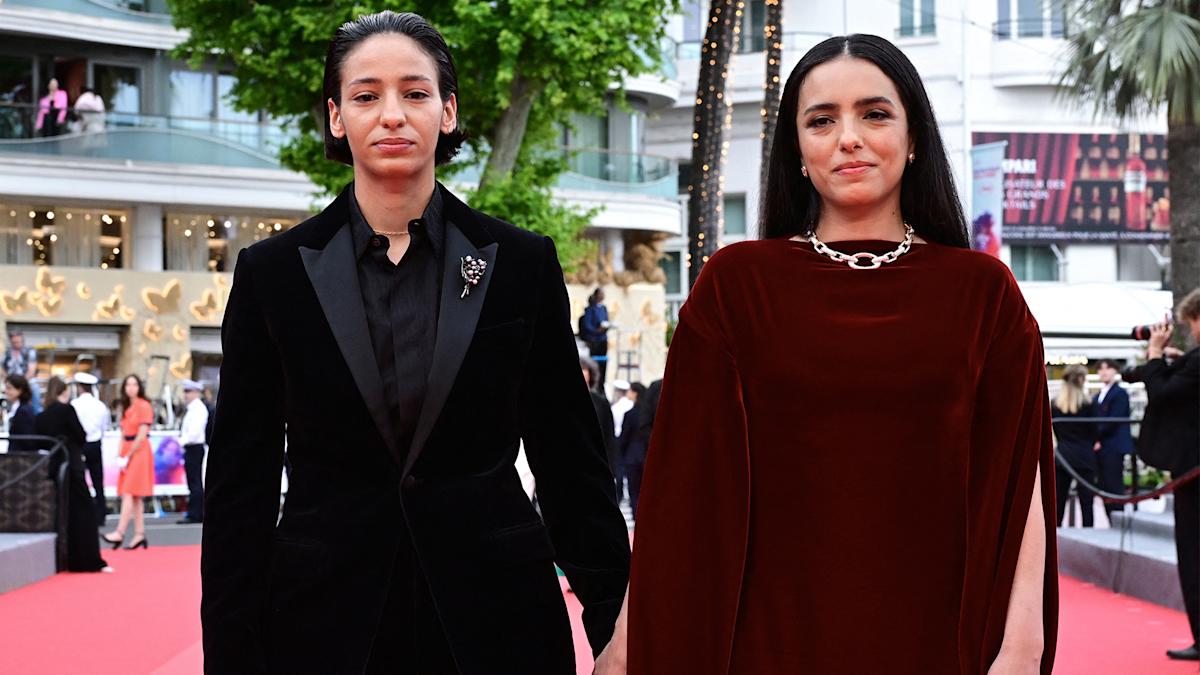





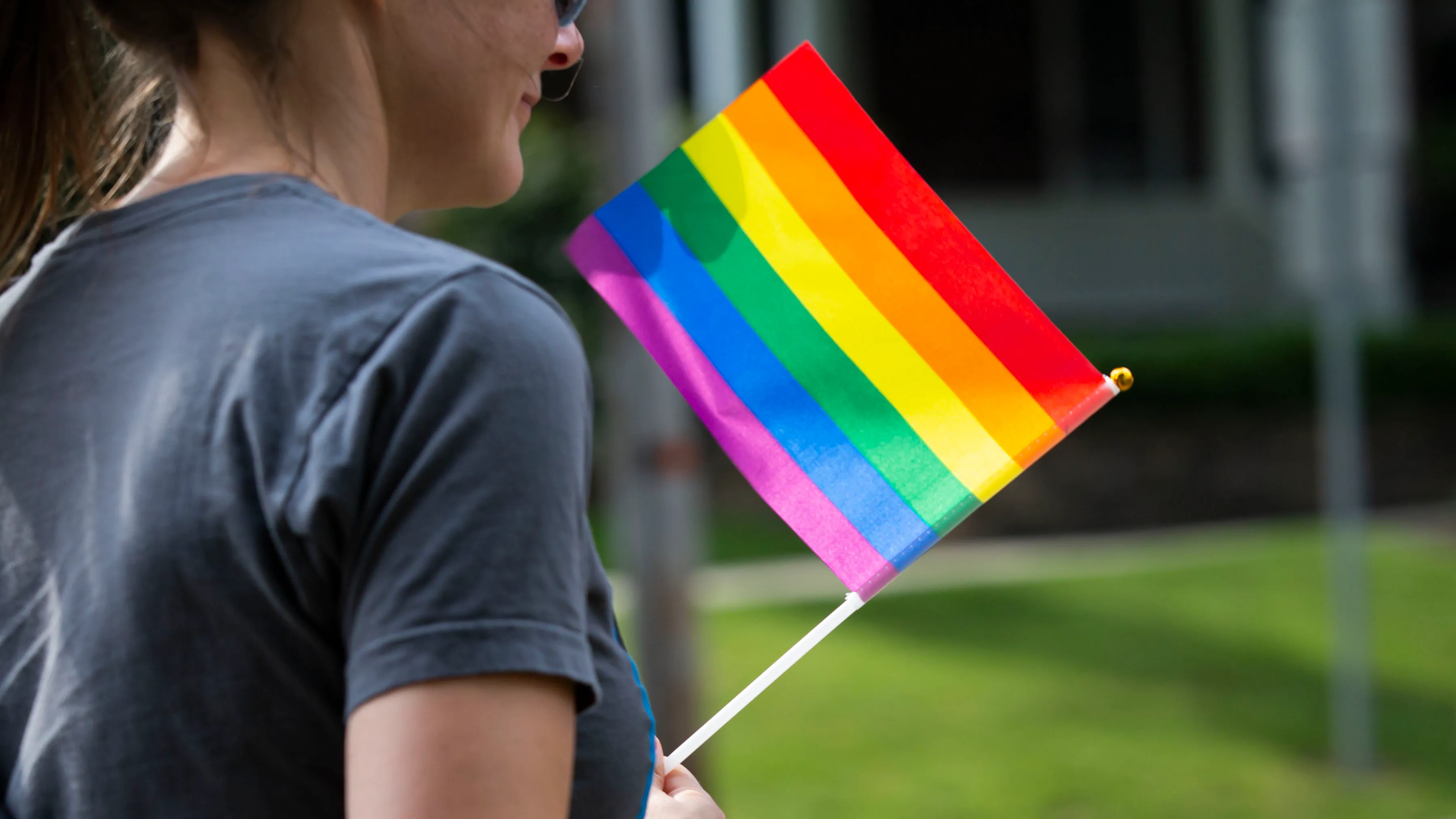
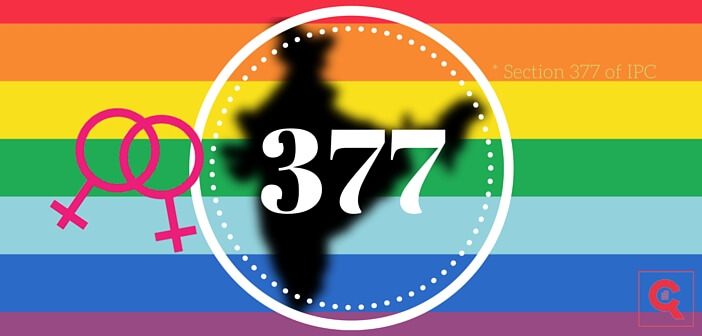
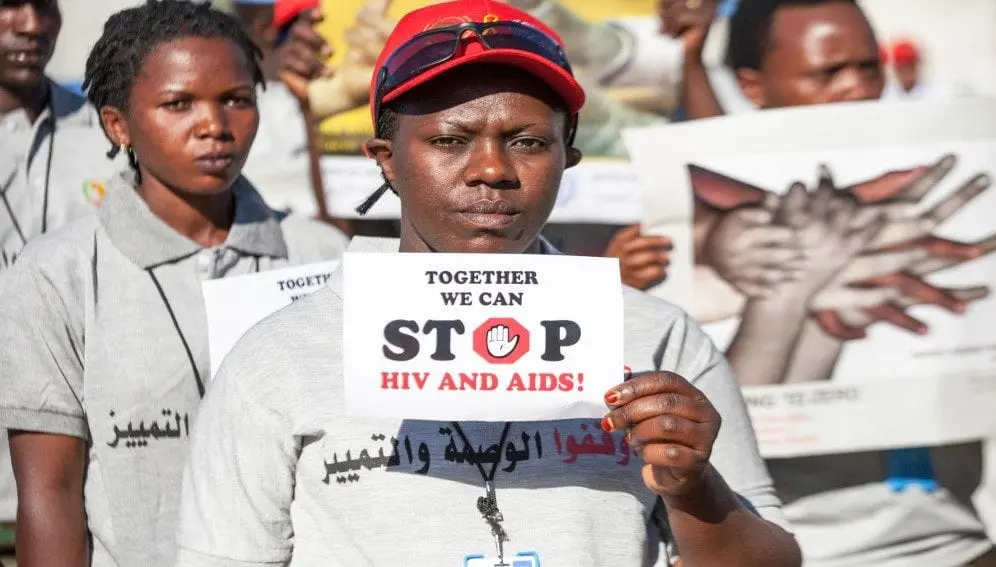

0 Comments